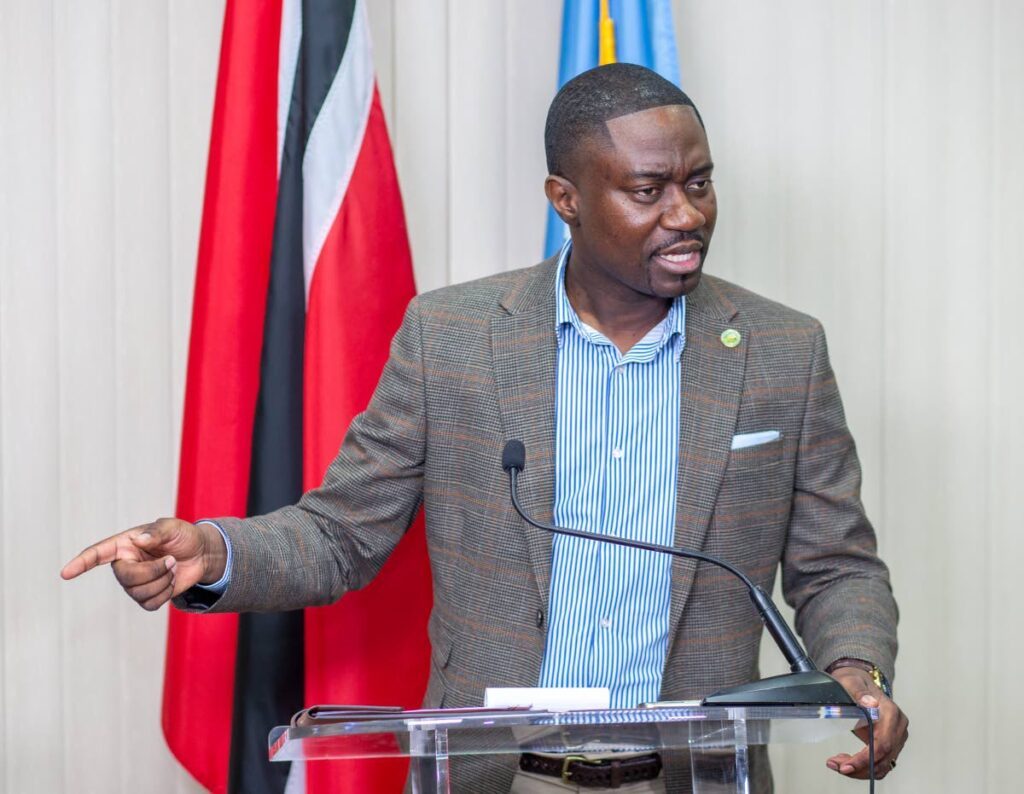

HISTORIAN Dr Jerome Teelucksingh has called on Chief Secretary Farley Augustine to apologise to the Prime Minister for describing him as a house slave.
Augustine did so on Facebook and at a news conference in Tobago on December 9, as he blamed the government for the collapse of the Tobago autonomy bills in the Parliament.
After the Constitution (Amendment) Bill failed to secure the required three-fourths majority for passage in the House of Representatives, Augustine later said in a post on Facebook, “Nothing is worse than when your relative, who is in the seat of power, is nothing but a house slave that ignores the real dreams and aspirations of those he left behind in the field in Tobago.”
He ended his post with the hashtags: #HouseSlaveMentality #WickedPM.
A house slave is defined as one who worked, and often lived in the house of the slave owner, performing domestic labour. Throughout the era of slavery, they essentially performed the same duties as domestic workers – cooking, cleaning, serving meals and caring for children.
>
In an interview on December 10, Teelucksingh, a UWI historian and Newsday columnist, described the term as racist, derogatory and demeaning.
“It should not be encouraged and I think an apology should come,” he said. “It is already bad that a Tobagonian is calling a fellow Tobagonian that, and I want to denounce it.
"I don’t think that in 2024, in an election season, out of election season, or for any reason,should we be calling people house slaves.”
Foreign Affairs Minister Dr Amery Browne, in a post on X (formerly Twitter), criticised Augustine for his words as well.
He said, "The fact that THA Chief Secretary Farley Augustine, in seeking to express a political disagreement, could today find no language other than "house slave" to describe the Prime Minister of Trinidad and Tobago, reflects very poorly on Mr Augustine's mentality and/or education."
Related News

Naparima MP blasts PM’s Barbados trip

La Horquetta gets new $42m public library

Griffith: Protest about years of frustration, not just salary increases


